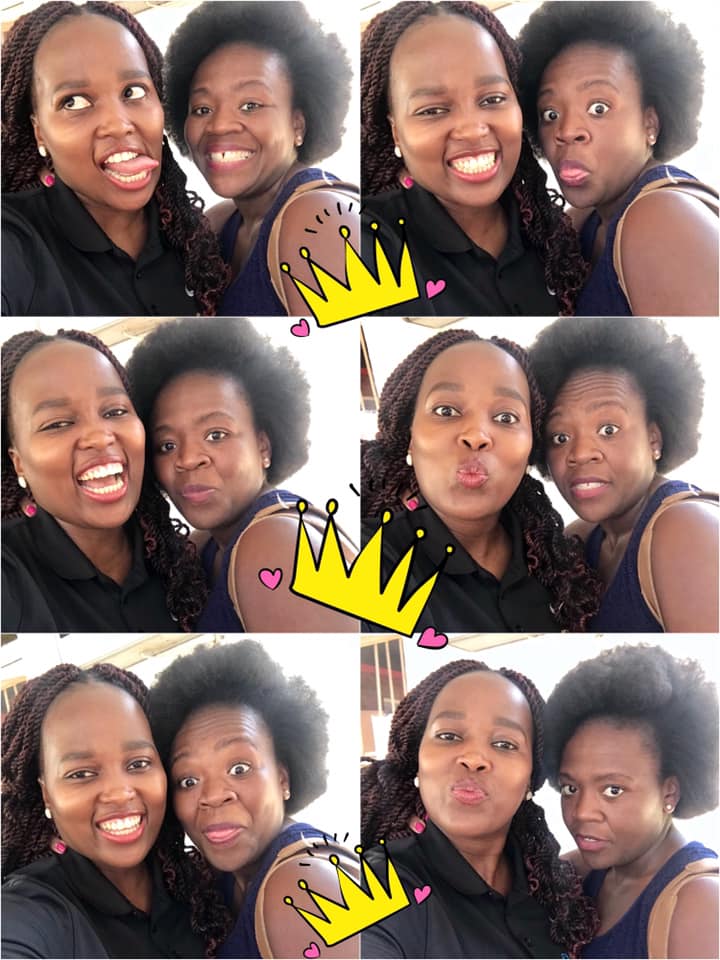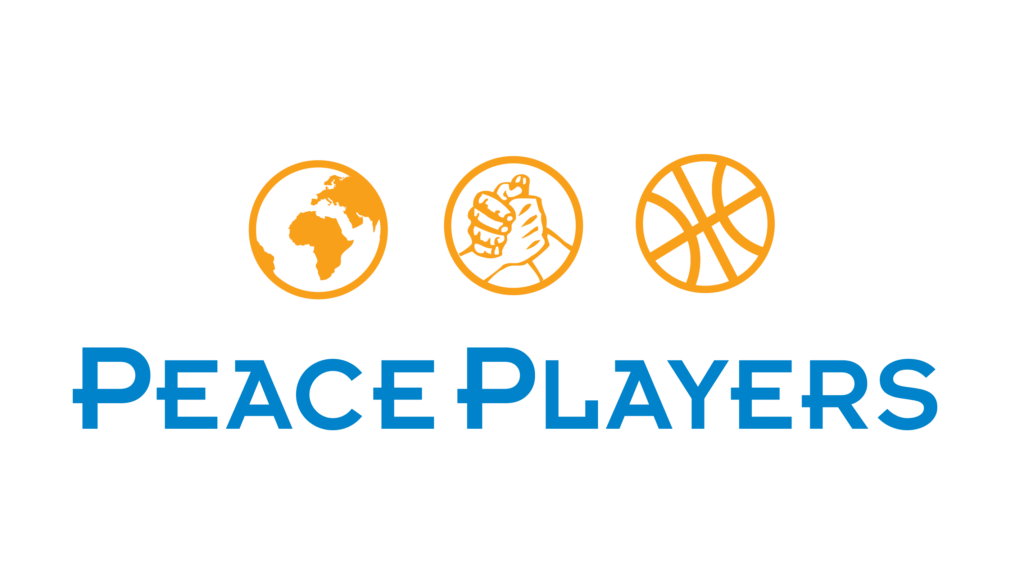First Managing Director: Partnerships Formed
Akhona Ngcobo
July 31, 2023
SHARE
Akhona Ngcobo first met Sean Tuohey, Thibault Manekin, and Ryan Douwie while playing basketball on Durban University of Technology’s (DUT) basketball courts, where young students would convene to play competitive basketball. Mthoko Madonda and Akhona were the only University of KwaZulu-Natal (UKZN) students who would visit the neighboring school to play.
Akhona’s first introduction to basketball was at 15 years old. She was a netball player at heart, but once basketball was introduced in high school, she grew fond of a game that connected her to a new group of people. Her coaching career came almost 10 years later when she began coaching at Berea Primary with Playing for Peace (which is what PeacePlayers was called in the early years). Akhona says,
"Coaching helped build me up to become a better mom and it gave me the confidence to be myself. There were times when I had little self-love and felt inadequate."
She was an extrovert, so these traits were hard to see through her personality.
While coaching in university, Akhona started recruiting schools to participate in Playing for Peace programs. “[Playing for Peace] only had about 5 or 6 schools at the time,” says Akhona. Eventually, Akhona started to work with PeacePlayers co-founder Thibault Manekin on the business and partnership side of the organization, whilst Ryan Douwie and Sean Tuohey spent their time on program delivery.

Thibault and Akhona shared special moments in the organization’s roots. They spent much of their time meeting with potential funders, pitching the organization, often driving back and forth from Durban to Johannesburg in a small yellow car to secure funding from the likes of Nelson Mandela’s Children Fund and the petroleum company ENGEN. When they were “home” in Durban, they were drafting organizational policies together. When they were in Johannesburg, they were helping funders understand the power of Playing for Peace’s programs.
Thibault says, “Akhona was my #1 go-to person. We worked well together and cultivated valuable external partnerships for the organization.”
One of Akhona’s favorite memories with Thibault occurred before a meeting with the company 3M. “Just ahead of the meeting, we decided to take a car nap after a long drive on the road. We overslept and found ourselves running inside to 3M’s office 15 minutes late.” Akhona recalls. Luckily, 3M liked the dynamic duo’s respective personalities despite their tardiness. They listened to their pitch and later agreed to financially support the organization.
Nearly three years after Akhona graduated from UKZN, she became the organization’s first Managing Director. She recounts times when some of the funding they worked for felt like it was slipping away. Akhona recalls that there were “months where funders didn’t pay until the end of the month when payday was on the 25th. At times I didn’t know how our 70+ coaches would get paid. But by the 26th of the month, we always found a way to deliver and pay coaches.”
Today, Akhona does anti-racism work, life coaching, and leadership development workshops for
schools and big corporations and Thibualt is the Founder of Seawall Development where he
focuses on affordable housing. One of Akhona’s most consistent clients today is one of the schools she helped bring to Umlazi Township in her early Playing for Peace days, the more affluent Clifton School. Akhona remembers Clifton kids being excited to visit an Umlazi school and “singing the entire bus ride” on the way to Umlazi. Once they got to Umlazi, she remembers the bus going “dead silent” because of their unusual surroundings. Here was Clifton, a predominantly white school, in a black township, for the love of the game of basketball.
When reflecting on memories from PeacePlayers, Thibault says one of his fondest memories was also “the day that we brought 40 white kids from Clifton Primary School in Morningside out to the township of Umlazi, and we had gone to meet with the school. We had told them about the
program. And they were really hesitant, this was a big ask. We got the national media – South
African broadcasting agreed to come out on the bus. It was your typical bus ride out, like kids are
chattering. And the second you crossed into the township of Umlazi, and it was dead silence. We pulled into the parking lot there, a dirt parking lot. And there were about 500 kids from the school and community members outside. You could hear this deafening sound, and all 500 kids and community members were singing the Shosholoza, which was kind of the illegal national anthem from when Mandela was released.”





